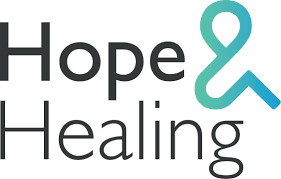Breaking the Myths Around Therapy
For years, therapy has carried an undeserved stigma. Many people picture a couch, a notepad, and long sessions of revisiting childhood memories. Others think therapy is “only for people who are broken” or in crisis. The truth is far different: therapy is for anyone who wants to better understand themselves, improve relationships, and manage life’s challenges.
Just as we don’t wait for a broken bone to heal on its own, we shouldn’t expect mental health struggles to disappear without care. Therapy provides a space to process experiences, gain perspective, and develop tools for resilience.
Why Talking Works
Our brains are complex. When emotions build up without expression, they often show up in physical ways like tension headaches, fatigue, or insomnia. Talking to a trained professional helps untangle these emotions.
Through conversation, we:
Identify patterns in our thoughts and behaviors.
Learn coping strategies to reduce stress and anxiety.
Gain clarity on decisions and relationships.
Feel supported in a safe, judgment-free environment.
The act of speaking thoughts out loud can be transformative. Many clients describe a “weight lifted” simply by being heard.
Different Types of Therapy
Therapy isn’t one size fits all. Some common approaches include:
Cognitive Behavioral Therapy (CBT): Focuses on identifying and changing negative thought patterns.
Psychodynamic Therapy: Explores past experiences and unconscious processes.
Humanistic Therapy: Encourages self-exploration and personal growth.
Group Therapy: Builds support networks by sharing experiences with others.
Each method has unique benefits, and sometimes therapists blend techniques to meet a client’s needs.
The Courage to Seek Help
Seeking therapy is not a sign of weakness it’s an act of courage. It shows self-awareness and a commitment to growth. More and more people are openly sharing their therapy experiences, helping normalise the idea that caring for your mental health is as vital as caring for your physical health.
Life will always have challenges, but therapy equips us with tools to face them. It’s not about “fixing” who we are it’s about nurturing who we want to become.




Recommended Comments